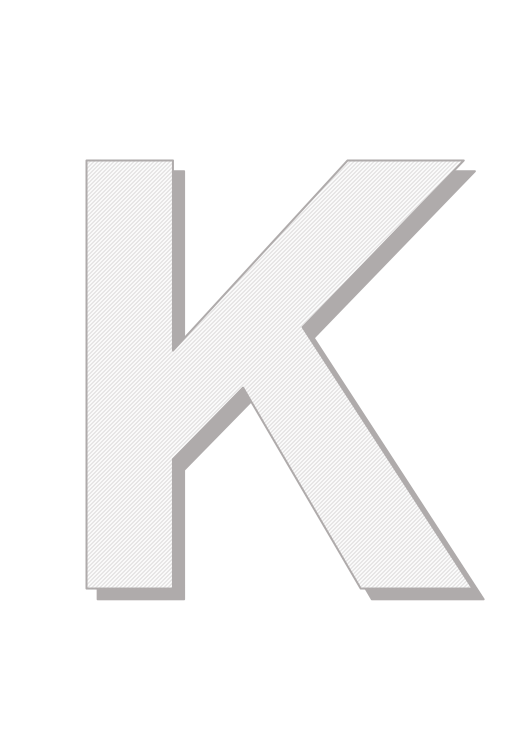Third International Workshop on Capturing Scientific Knowledge
Daniel Garijo, Milan Markovic, Paul Groth, Idafen Santana, and Khalid Belhajjame
From the early days of Artificial Intelligence, researchers have been interested in capturing scientific knowledge to develop intelligent systems. A variety of formalisms are used today in different areas of science. Ontologies are widely used for organizing knowledge, particularly in biology and medicine. Process representations are used to do qualitative reasoning in areas such as physics and chemistry. Proba- bilistic graphical models are used by machine learning re- searchers, e.g., in climate modeling. Recent work has looked at subsymbolic models for capturing scientific models from the literature. In addition to enabling more advanced capabilities for intelligent systems in science, capturing scientific knowl- edge facilitates knowledge dissemination and open science practices. This is increasingly important to enable reusing scientific knowledge across scientific disciplines, businesses and the public. Despite recent advances, scientific knowledge is complex and poses significant challenges for knowledge capture. This workshop will provide a forum to discuss, envision and ex- pand existing forms of scientific knowledge representation and dissemination; and existing systems that use them. There are many research challenges in open sharing and reuse of scientific knowledge that need to be addressed in future research.
The Second International Workshop on Hybrid Question Answering with Structured and Unstructured Knowledge (HQA’19)
Franz Baader, Brigitte Grau and Yue Ma
This half-day workshop, as part of K-CAP 2019, is to bring to- gether researchers and developers working on question/query an- swering systems over structured or unstructured knowledge, and create a platform to grow potential collaborations in this multidisci- plinary task. A special theme of HQA’19 is to Question Answering for Knowledge Capture. This workshop is based on the success- ful HQA’18 as part of The Web Conference (WWW 2018) held in France.
